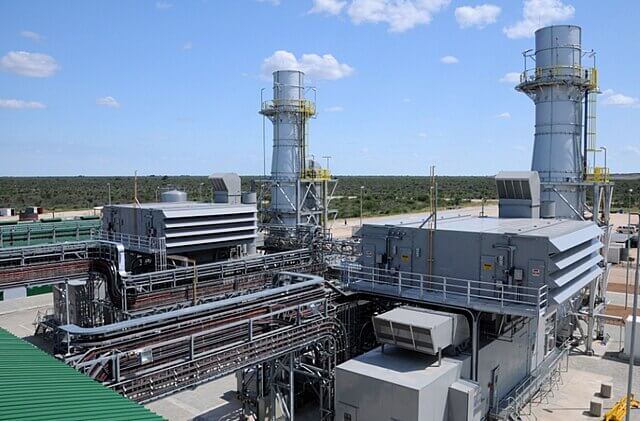
Australia has announced plans to expand its gas extraction and use until “2050 and beyond,” defying global efforts to phase out fossil fuels.
Prime Minister Anthony Albanese’s government argues that this strategy is essential to ensuring domestic energy security while transitioning to net zero emissions.
Critics, however, claim this move contradicts scientific consensus. The International Energy Agency (IEA) has called for significant reductions in coal, oil, and gas use to meet climate targets. Despite this, Australia, one of the largest exporters of liquefied natural gas, asserts that its policy is rooted in maintaining its reliability as a trading partner.
The government’s strategy, unveiled on Thursday, outlines plans to collaborate with industry and state leaders to boost fossil fuel production and exploration. It also supports the expansion of existing gas projects, notably those run by Chevron and Woodside Energy Group in Western Australia.
The government contends that these measures are necessary for Australia’s energy supply as it aims to deliver 82% renewable energy to the grid by 2030 and achieve net zero emissions by 2050.
Currently, gas accounts for 27% of Australia’s energy needs, with the majority of domestic production exported to China, Japan, and South Korea. Gas also contributes roughly a quarter of Australia’s total emissions.
Environmental groups and critics have fiercely opposed the policy, accusing the government of prioritising fossil fuel companies over the public interest.
“Fossil gas is not a transition fuel. It’s one of the main contributors to global warming and has been the largest source of increases of CO2 [emissions] over the last decade,” Prof Bill Hare, chief executive of Climate Analytics and author of numerous UN climate change reports said.
Independent Senator David Pocock lashed it as “morally bankrupt, negligent and just plain stupid” in a statement on Thursday.
Successive Australian governments have promoted gas as a crucial “bridging fuel,” arguing that a premature phase-out could negatively impact the economy and energy stability.
Scientists like Prof Hare warn that relying on gas for a net zero policy could lock in 2.7-3°C of global warming, leading to catastrophic consequences.
In 2015, world leaders pledged to limit long-term temperature increases to 1.5°C to avoid the most severe impacts of climate change. However, this limit was recently exceeded for the first time, from February 2023 to January 2024, according to the EU’s climate service.
The policy has ignited a debate about the balance between energy needs and environmental responsibility, with significant implications for Australia’s climate strategy and global climate goals.
——————————————————————————
At Natural World Fund, we are passionate about rewilding the UK to stop the decline in our wildlife.
Donate now and join in the solution!

